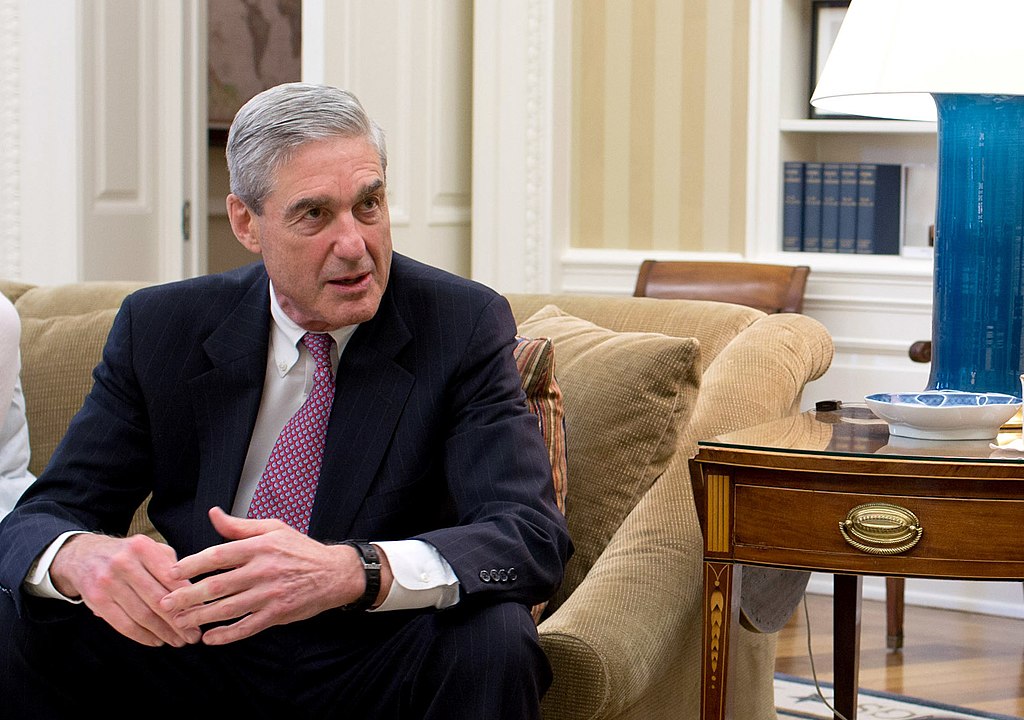Robert Mueller’s investigation seems to be pursuing three major areas related to Donald Trump and his campaign:
- Obstruction of justice
- Money laundering
- Cyber coordination with the Russians
On #3, here is a portion of the Steele dossier that hasn’t gotten a lot of attention:

Steele didn’t include any details about the activities of the U.S.-based “offensive cyber operators,” but to the extent that there was collaboration with Cambridge Analytica, they are the Russian agents who would have been the direct contacts.
The dossier goes on to say that these agents were “rewarded” (i.e., paid) by Russian diplomatic staff using a pension distribution system as cover and that “tens of thousands of dollars were involved.” That’s where a report today from Buzzfeed comes into play.
Officials investigating the Kremlin’s interference in the 2016 US presidential election are scrutinizing newly uncovered financial transactions between the Russian government and people or businesses inside the United States…
Special counsel Robert Mueller’s team, charged with investigating Russian election interference and possible collusion by the Trump campaign, is examining these transactions and others by Russian diplomatic personnel, according to a US official with knowledge of the inquiry.
The Buzzfeed article documents five transactions that were reported by banks to the Treasury Department because they were suspicious, two of which are more likely to be relevant to the Mueller investigation:
- One of the people at the center of the investigation, the former Russian ambassador to the US Sergey Kislyak, received $120,000 ten days after the election of Donald Trump. Bankers flagged it to the US government as suspicious in part because the transaction, marked payroll, didn’t fit prior pay patterns.
- Five days after Trump’s inauguration, someone attempted to withdraw $150,000 cash from the embassy’s account — but the embassy’s bank blocked it. Bank employees reported the attempted transaction to the US government because it was abnormal activity for that account.
Steele reported in September 2016 that Mikhail Kalugin—head of the Economics Section of the Russian Embassy in the U.S. at the time—was called back to Russia because “Moscow feared his heavy involvement in the U.S. presidential election operation, including the so-called veterans’ pension ruse, would be exposed in the media.” Here is what McClatchy reported about that in February 2017:
A Russian diplomat who worked in the Washington embassy left the country last August [2016] while federal investigators examined whether he played a key covert role in the alleged Kremlin-directed plot to influence last fall’s U.S. elections.
Two people with knowledge of a multi-agency investigation into the Kremlin’s meddling have told McClatchy that Mikhail Kalugin was under scrutiny when he departed. He has been an important figure in the inquiry into how Russia bankrolled the email hacking of top Democrats and took other measures to defeat Hillary Clinton and help Donald Trump capture the White House, said the sources, who spoke on the condition of anonymity because of the sensitivity of the investigation.
The two transactions from the Buzzfeed report noted above occurred well after Kalugin returned to Russia and the veterans’ pension ruse was discarded. It is possible that after his departure, these transactions were an alternative payment method developed by the Russians.
There are still a lot of missing pieces to this puzzle, but perhaps the most important takeaway is that the more we learn about Mueller’s investigation, the more credible the Steele dossier becomes.



